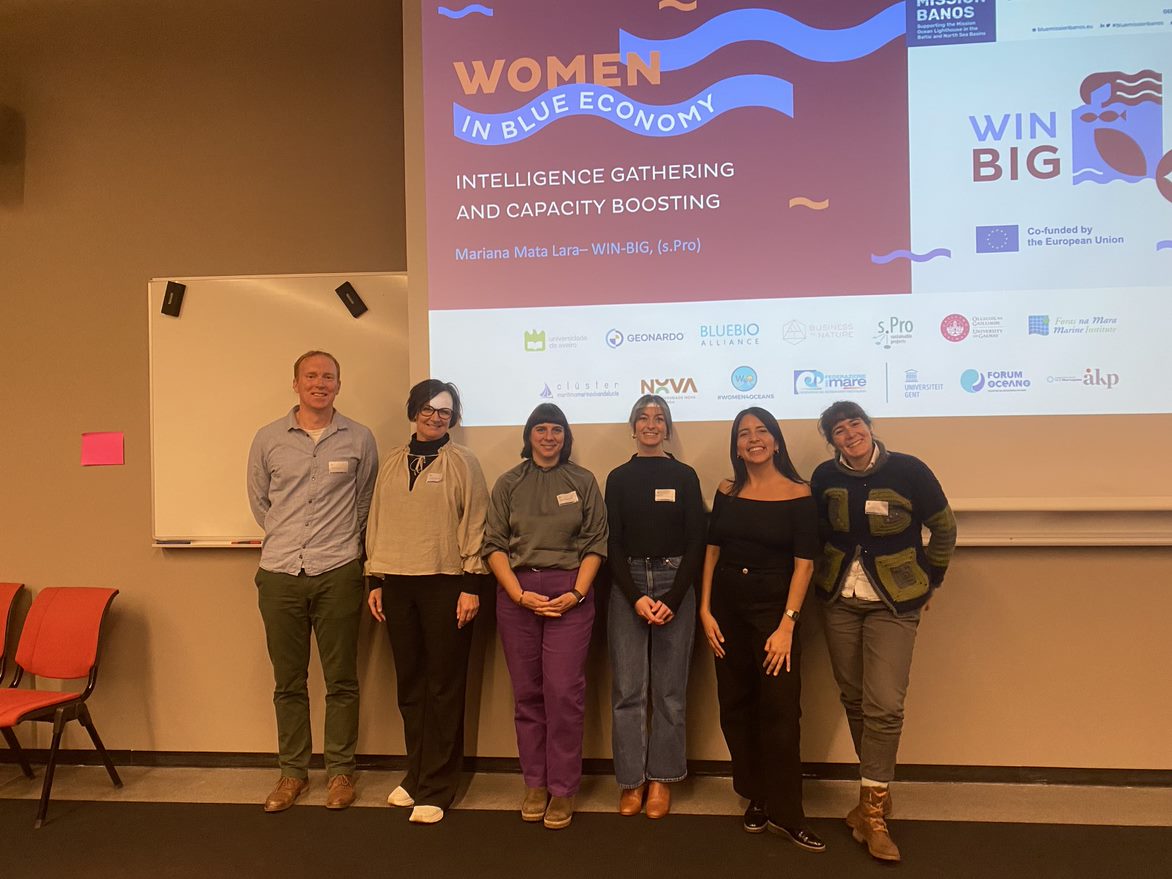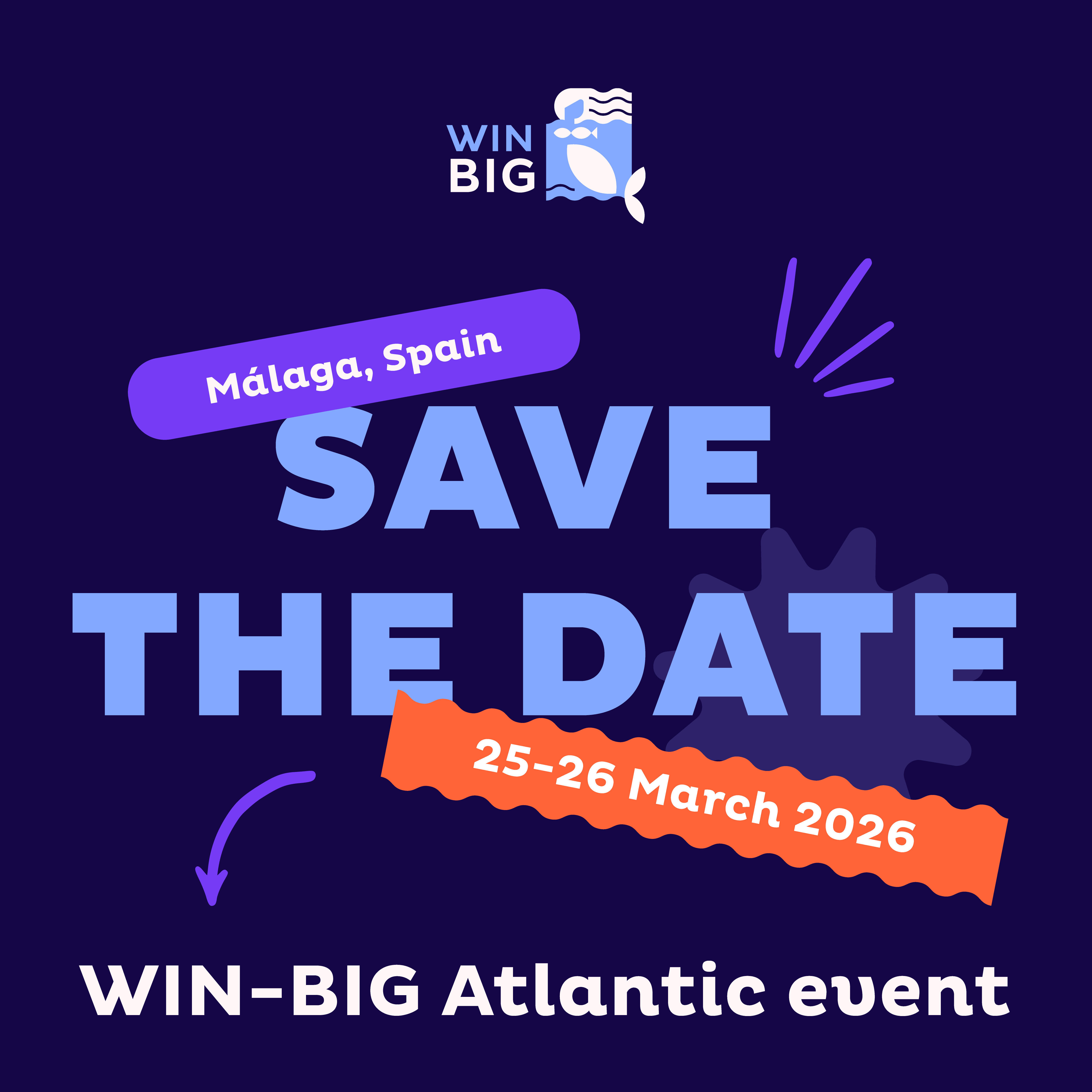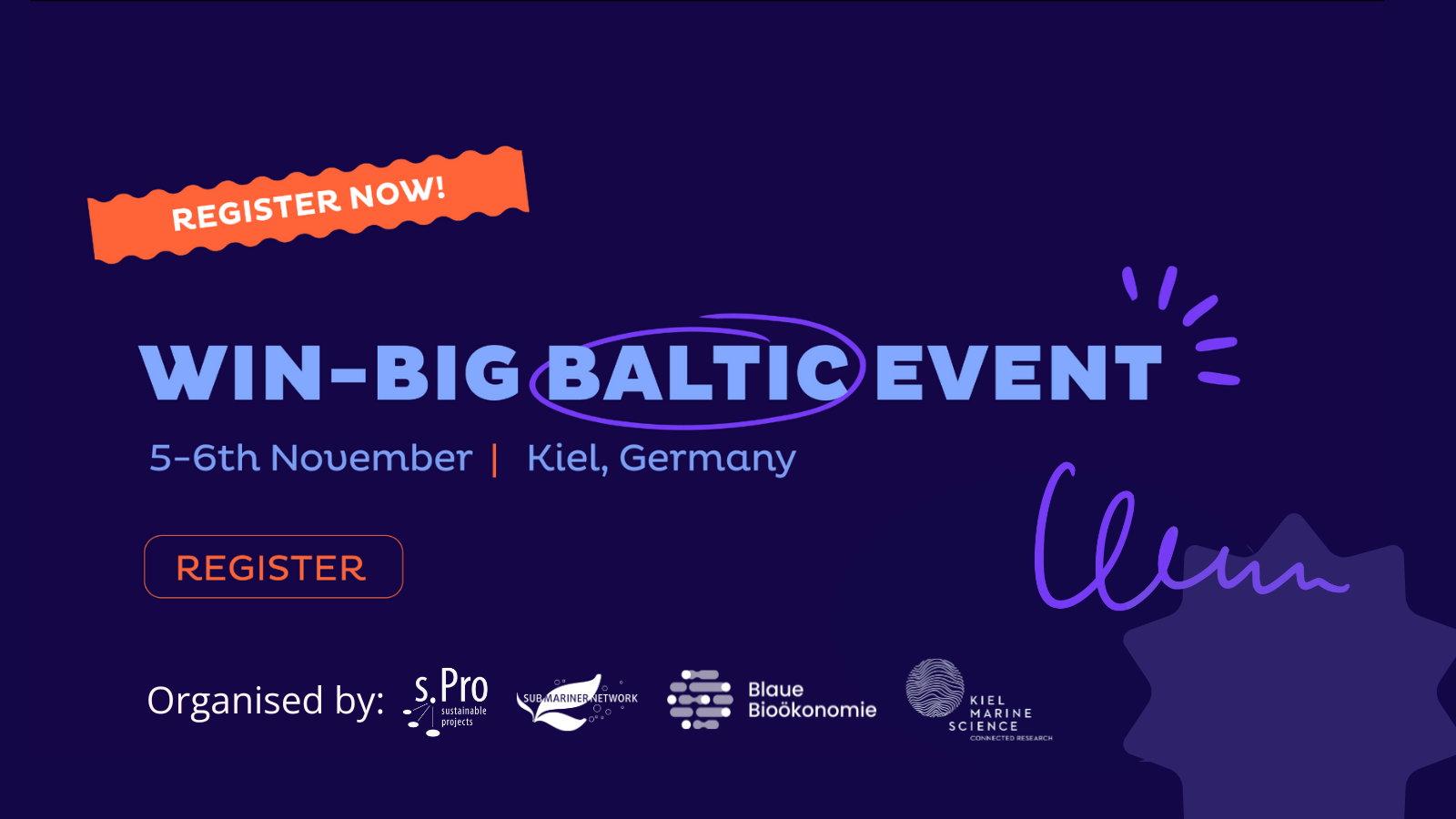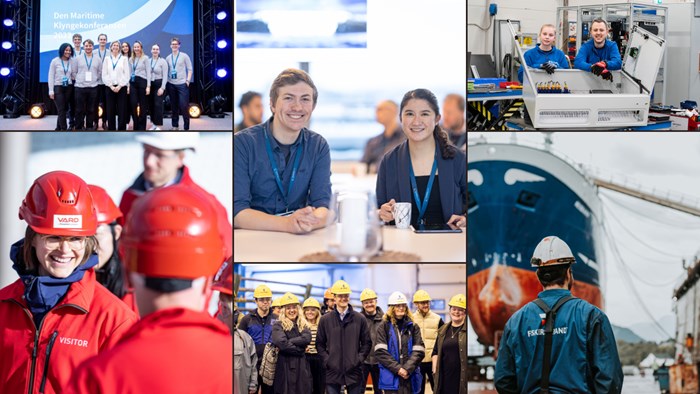Workshops: How to close the gender-gap in the blue economy?

Data regarding the role, contributions and opportunities for Women in the Blue Economy is still currently scattered and oftentimes unavailable. In the workshop “How to close the gender-gap in the blue economy” participants were introduced to the WINBIG project and the state of gender equality data in Europe.
Following an opening presentation by Mariana Mata Lara on the topic, two female professionals from the sector, Molly Hughes and Susan Bastón Meira presented their personal stories, before Stephen Hynes took the stage to present a recently developed survey on gender discrimination in the sector. The participants took 15 minutes to try out the survey, which culminated in a lively discussion on how data collection on the topic could be improved and specifically what questions should be asked.
From the various presentations and personal stories shared, it was clear that the experiences of women in the blue economy are diverse. While there is good representation of women in many blue sectors, there is not always equality. These differences are often observed regionally (southern v. northern Europe) and depending on the organizational type. It was inferred by the group that, for example, non-profit and project work has many women, while fieldwork presents a different picture.
Women trailblazers and role models have paved the way of women today to enter the blue sector. However, barriers to true gender equality were still identified in the workshop. Pathways for women to continue developing their carriers after having children still need to be established and institutionalized in many countries so that it is possible for women to excel in their careers once they start a family. This also involves shifting stereotypes and cultural expectations to look at both parents as potential equals in raising their children.
The participants agreed that it was paramount to also include men in this change process and to have open dialogues so that they also had a space to share their experiences. Discrimination at the end of the day is not a one-way street.
Author: Sarah Tamulski (s.Pro)



